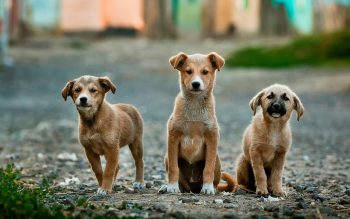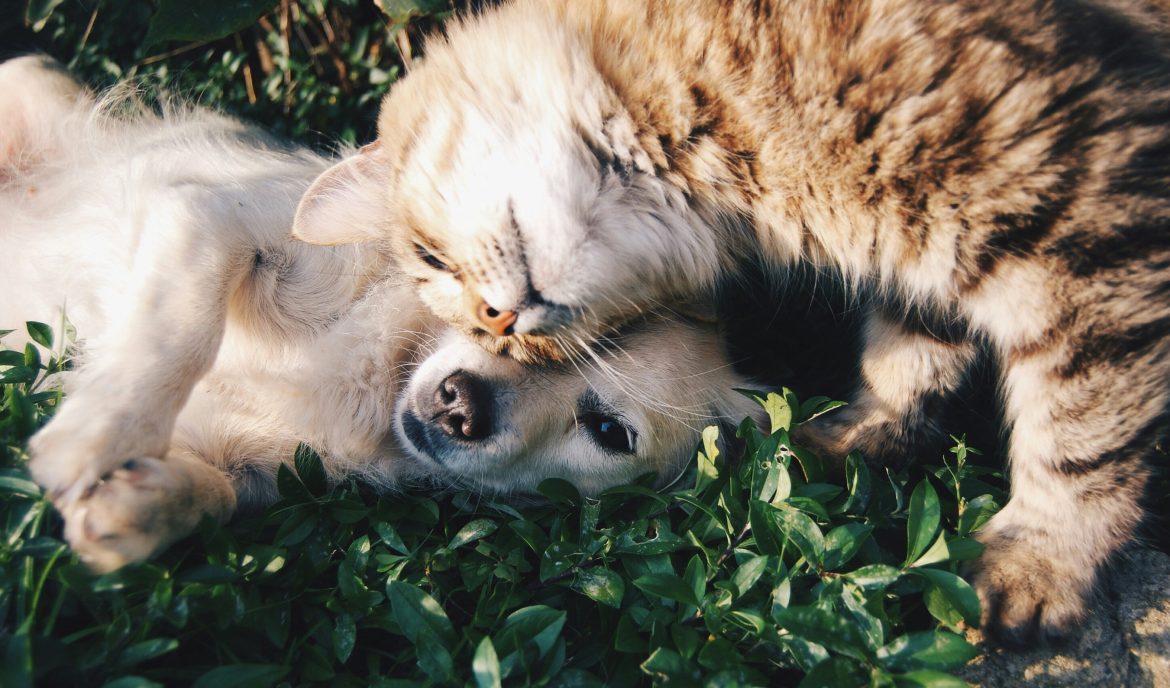Recent severe weather conditions across South Africa have led to a concerning increase in unhomed animals, placing significant strain on animal welfare organisations, particularly the Cape of Good Hope Society for the Prevention of Cruelty to Animals (SPCA).
The SPCA has reported an unprecedented influx of animals, not only from individuals who can no longer care for them but also from multiple shelters across the Cape metropole.
Belinda Abraham, spokesperson for the SPCA, expressed the organisation’s overwhelming burden, emphasising that this is not a matter of exposing anyone, but rather a plea for support.
“This is a cry for help from the SPCA which is shouldering the responsibility of animal surrenders, not only from the public, who for any number of reasons can no longer keep them but from various shelters across the Cape metropole, including organisations who market themselves as no-kill to win public favour,” Abraham said, as per IOL.
Abraham highlighted that the SPCA’s open admissions policy means it must accept animals regardless of circumstance, which has led to a staggering number of surrenders.
The SPCA expects to admit around 20,350 surrendered and stray animals this year, with approximately 2,300 coming from other animal welfare organisations, including those promoting themselves as no-kill shelters, states IOL. However, the reality is that no-kill shelters often end up sending animals to the SPCA for euthanasia.

Unsplash
The situation paints a bleak picture for animal welfare in South Africa.
A report by Mars, State of Pet Homelessness, estimates that there are as many as 3.4 million homeless dogs and cats in the country. Despite this, only a small percentage of pet owners opt to adopt from shelters.
Due to the unavoidable need for euthanasia due to overpopulation, pet owners are urged to spay/neuter their pets and to consider adoption instead of breeding as the SPCA cannot rescue its way out of this crisis, as people continue to breed animals faster than shelters can rescue them.
TEARS Animal Rescue, another prominent organisation, echoed similar sentiments.
They explained that while they strive to remain pro-life, they are often forced to euthanise animals due to medical emergencies or severe suffering. Despite this, they maintain high adoption rates and continue to advocate for adoption as the primary solution. They urge the public to consider adoption as a way to provide vulnerable animals with a second chance at a better life.
South Africa’s animal shelters are in dire need of support. By spaying/neutering pets, adopting from shelters, and advocating responsible pet ownership, individuals can play a crucial role in alleviating the strain on these organisations and providing a brighter future for animals in need.
Read IOL’s report, with further insights from Abrahams, here.
ALSO SEE:
Feature Image: Unsplash

